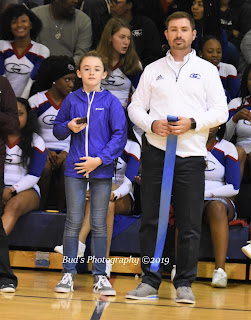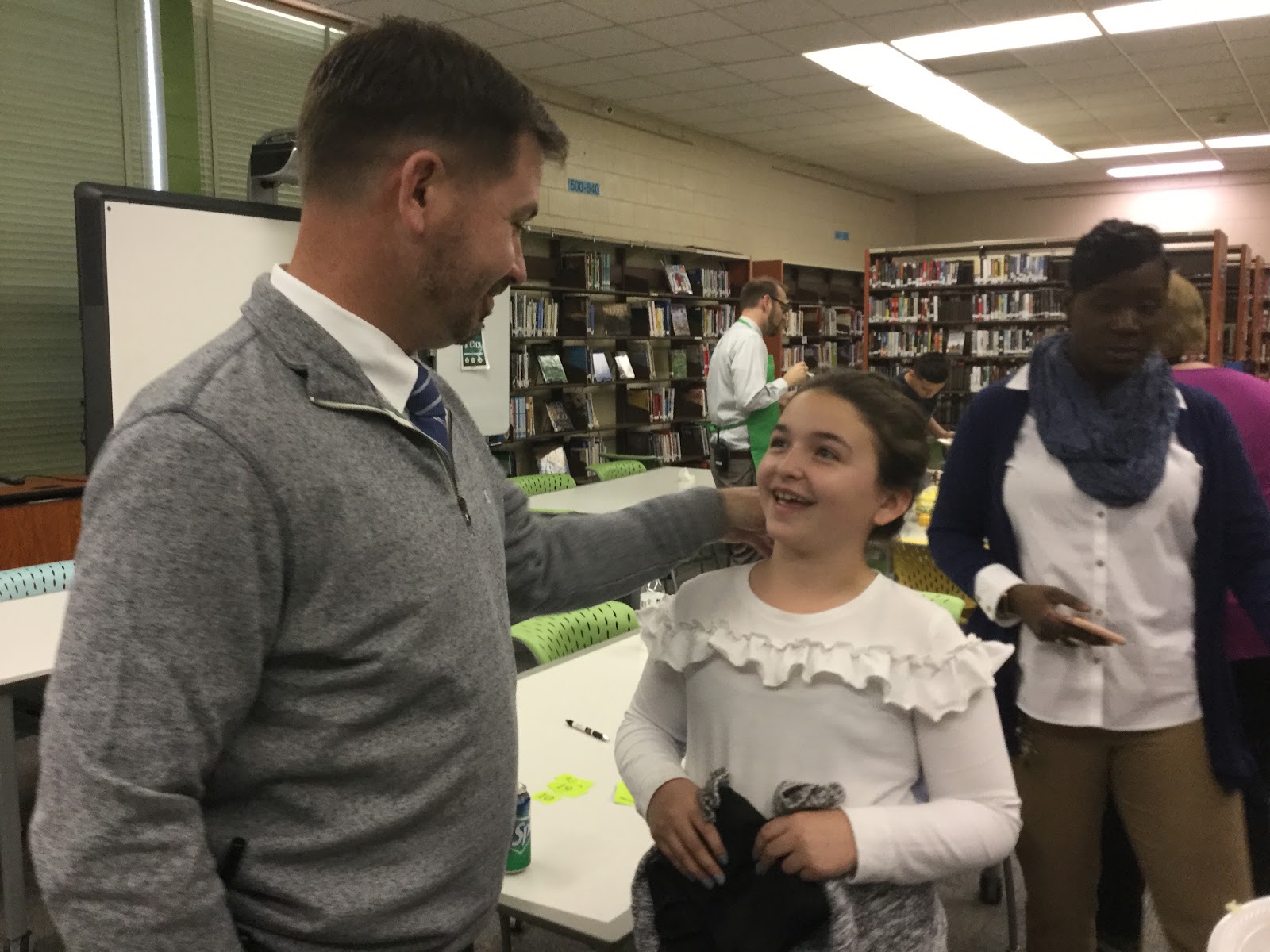What is a good school? It feels like there are so many ways to measure that question today. There are obviously test scores from state assessments that try to measure that. But then someone sold us on the idea of measuring student growth, with the teacher as a variable. So, is that what makes us good now? Maybe. But what about the other quantitative things? Graduation rates. CTE credentials. Scholarships. Attendance rates. Suspensions and acts of crime. There are lots of numbers you can use to measure a school. And for all of those numbers, there seem to be people who like to contort those numbers to promote or discourage others from the idea that a school or group of schools is "good" or "bad." So, how do you know what to trust? Maybe the answer isn't quantitative. What about the things that aren't easily measured in a spreadsheet? At the heart of the culture wars for or against public schools, it often isn't the real facts and figures that are used. Instead, we often see examples of great things or awful things. A moment in time that represents the reputation of a school, a community, or public schools at large. The recent notoriety that our school received from a viral TikTok at a band competition can make the world take notice, but today, tomorrow, or next week, that could change in the wake of an unfortunate event or the negative opinion of someone put online.
So, how is anyone supposed to know what a good school even is anymore? Understanding education in a classroom, a school building, a district, or even beyond that is a complex thing to define. When I teach or speak to others on this topic, I often use a metaphor. I tell people that good teaching is like pornography. It's hard to define it (because some images of the human body are art and some are not), but you always know it when you see it. Your gut tells you really quickly, and you trust it. So that means if we trust our gut that our school is good, then that's it...it's good. Not so fast. We are biased. And we find ourselves right back where we started, struggling to know if we are "good." Hold that thought.
Last night, I had the opportunity to attend the Jay Robinson Gala for the Public School Forum. It's an annual event to honor one or two people a year for their contributions to education in our state. It's a pricey and coveted invitation to get, and sponsors make large donations to attend. Last night honored Mebane Rash and Tom Oxholm. If you have ever read an EdNC article, you know Mebane. She founded it to tell the stories of our public schools and the things that impact them. I owe a lot to Mebane for lots of different reasons. She's covered a lot about our school over the years and she's been a great thought partner for me. When they showed video covering her impact last night, I quickly recognized student faces. Literally all of the footage of her for the ceremony was from Greene Central High School. They even used some footage from our school for Tom's video. 100% of the images used to show students, teachers and instruction at one of the most prestigious education events showed Greene Central High School.
So how do you know that you have a good school? Well, I think all of that stuff matters. The numbers matter and so do those gut feelings that people get. But when some of the most notable education advocates in the state use you and say, "this is what it looks like," ...well you might just have something special.




